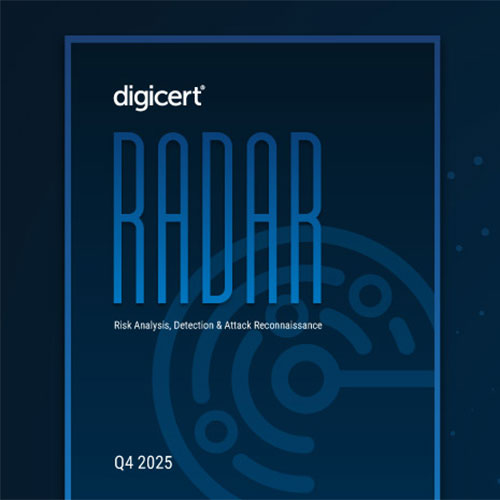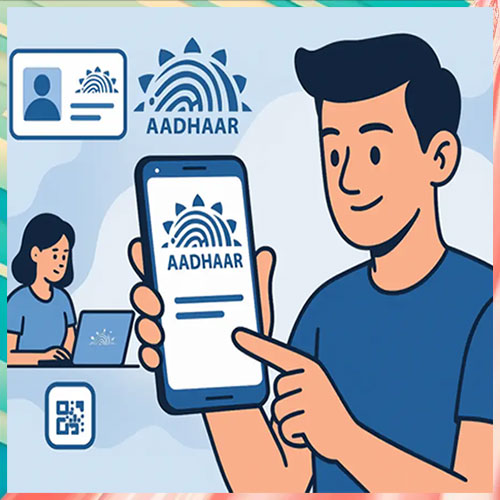E-Commerce for Community Development

Asoke K. Laha,
President & MD, Interra IT
We all are familiar with e-commerce. From the user's point of view, books, flowers, equipments and many more such other things are regularly ordered through e-sites even within the country, not to speak of cross-country transportation. Information and computer technology (ICT) is viewed by some people including the opinion-makers and the government as facilitators of business and trade to promote common people's unenviable lot in a country like ours. The enormous plans and budgets for e-governance are all geared towards this pious wish. The question still asked internally is that are we making any use of ICT in uplifting the life and economy of the challenged sections?
Looking at e-commerce sites and activities, we can see that the benefits accruing from this exercise mostly go to the privileged - and not other way round. Money is spent on print and electronic media promotion of community and ethnic wares to be sold online, but in real terms practically nothing has been achieved. Motivation remains with those who wield capital either in the public or private sector, and cream always goes to the upper crust with articulation, money and negotiating mantra at their disposal.
Certain corporate and nonprofit initiatives are existent, which are making an honest effort to help, encourage and mentor communities good at making things exportable, but these are few and far between islands in the waters of ignorance, neglect and poverty. There is no concerted campaign in favour of the challenged. The basic and vital element of education and training is miserably absent and there is a great gap between people's understanding and the possibilities and outcome of e-commerce.
The technology and awareness are both at the moment with the privileged classes. Hence, they only can initiate moves for empowering communities to post their handicrafts and other wares on the Internet and can be part of an evenly balanced, well-oiled system to sell, collect money and distribute evenly among the stakeholders, without giving undue edge to the middlemen.
We the ICT companies of India especially belonging to the SME segment could be the ideal vehicle for this socio-economic change. The kind of resource we have in India in terms of community produced crafts of great beauty and charm, stuff of very good durability and often, utility too, can only be leveraged effectively through e-commerce. A basket weaver in Nagaland, a bamboo mat-maker at Bolpur and an artist from deep South can only be integrated by this silent and global chain of e-commerce and can earn foreign exchange for themselves as well as the country.
As for us the residents of India, it will be an advantage to connect with them easily and fast and enhance our education about the strengths of our fellow brethren whom we lose sight of very often.
See What’s Next in Tech With the Fast Forward Newsletter
Tweets From @varindiamag
Nothing to see here - yet
When they Tweet, their Tweets will show up here.





























